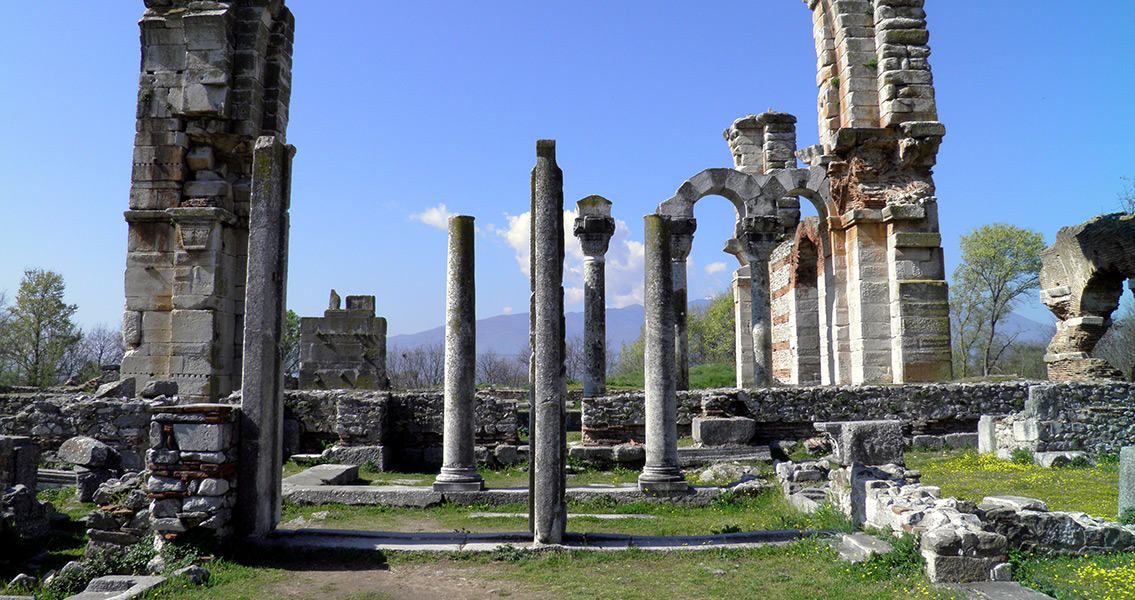<![CDATA[The decline of the Eastern Roman Empire might have been due in part to naturally occurring changes in the climate at the time, new research says. An international team of scientists from the Past Global Changes project (PAGES) recently published the results of their research findings concerning the discovery of a long-lasting and unprecedented period of cooler temperatures around 1,500 years in the past. Dubbing the period the 'Late Antique Little Ice Age,' the researchers say that the temperature drop could have been caused by sulfate aerosols ejected into the atmosphere from a trio of volcanic eruptions in 536 CE, 540 CE and then 547 CE. The idea that global cooling trends can have drastic and wide-ranging socio-economic impacts is nothing new. In fact, the 'Little Ice Age' that gripped the northern hemisphere between the fourteenth and nineteenth centuries has been heavily researched for its role in shaping the historical period, especially in the spread of pandemics and fomenting political instability. However, this new study is the first of its kind, both in focusing on an earlier point in time and in examining the impact on Europe and Central Asia. This earlier Little Ice Age was one of the most dramatic of its kind in the past two millennia, according to Ulf Büntgen, the study’s lead author and a dendroclimatologist from the Swiss Federal Research Institute. In a press release, the scientist stated that there were many different variables in play during the period in question – which makes it problematic to link environmental causes to political consequences – but this period of climate change correlates with more than one major upheaval. The climate change, precipitated by the volcanic eruptions, could have led to conditions being ripe for the Justinian plague that ravaged the Mediterranean in the middle of the sixth century CE and could have also helped lead to the Eastern Roman Empire’s decline, Büntgen and his colleagues suggest. The researchers maintain that the eruptions – and the additional greenhouse gases ejected into the atmosphere from them – would have had a negative impact on the food supply in the affected areas. The pandemic in question was preceded by a major famine, lending credence to the theory. While one empire might have crumbled as a proximate result of the climate change, another might have been able to capitalize on the environmental changes it wrought. As the Arabian Peninsula began to receive more rain during the period, more plant growth would have been possible – something that the researchers say could have made it easier to sustain a larger number of camels, the pack animals the Arab Empire relied upon in their expansionist efforts. The new research study, which was published in the journal Nature Geoscience, can be found online here Image courtesy of Wikimedia Commons user: Carole Raddato]]>
Climate Change Coincides with Rise and Fall of Empires
